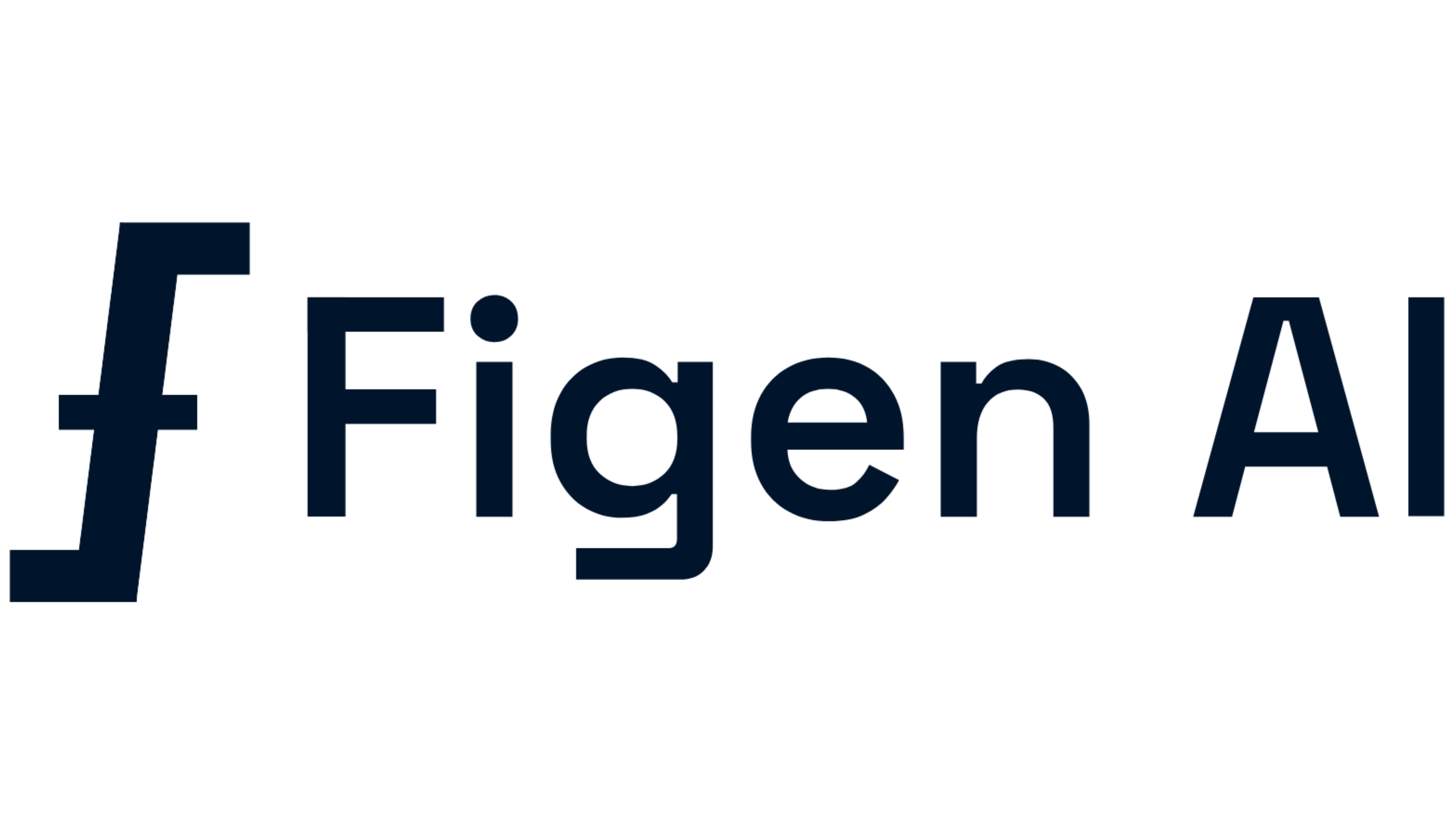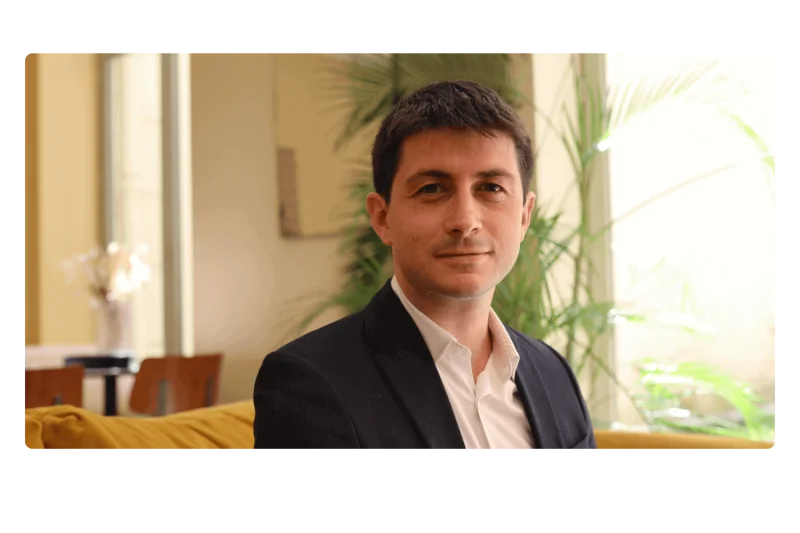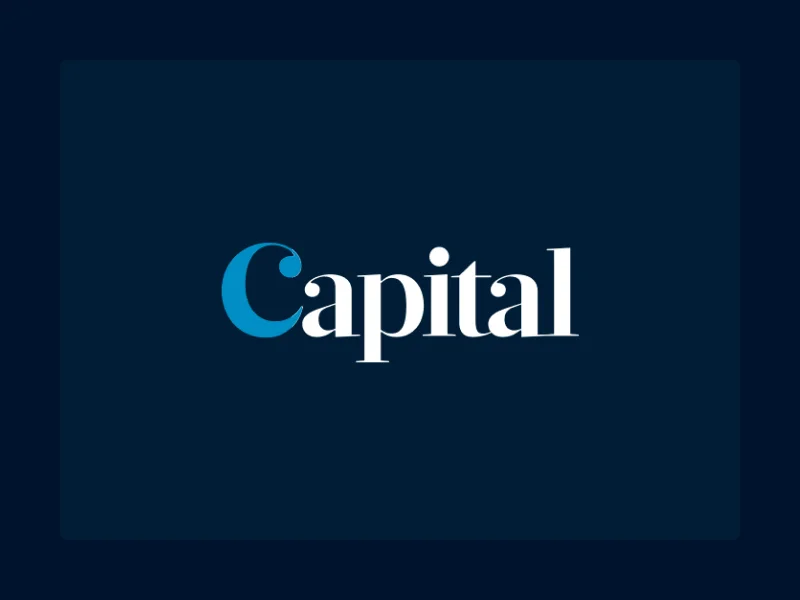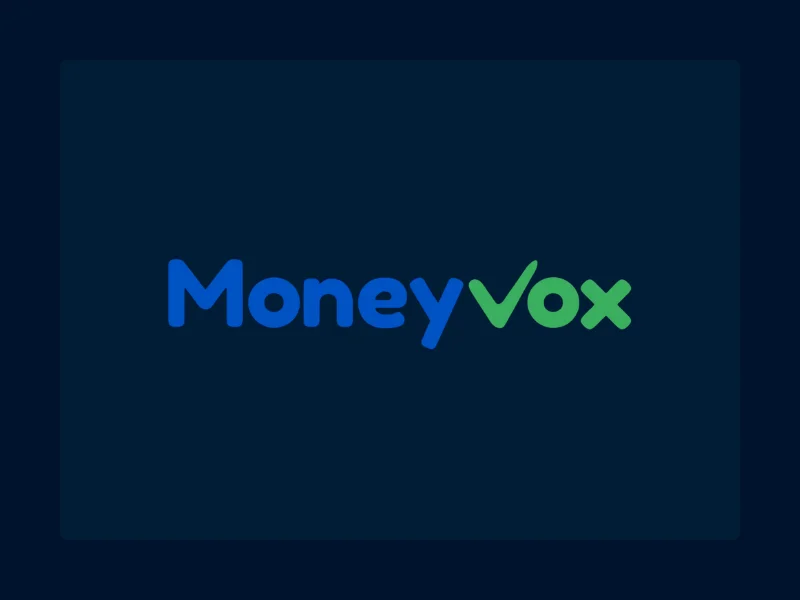-
Integrating AI at the Heart of Financial Strategy
The wave of robo-advisors offers a tremendous lever to scale wealth management services at a lower cost. By internalizing or partnering with fintechs, CFOs can offer user-friendly digital platforms and powerful algorithms that leverage data to refine recommendations. According to the WEF, assisted AI tools can improve access to retirement savings products through personalized nudges.
-
Refreshing the Client Base and Stimulating Growth
The entry of millennials into the wealth market represents a new pool to conquer. Each millennial who starts a savings plan is a long-term prospect, potentially loyal for decades. This is a rare organic growth avenue in a mature sector, provided their codes are understood: demand for transparency, responsible investing, omnichannel interaction, competitive pricing.
-
Supporting Boomers in the Transition
Baby boomers are making complex wealth decisions as they enter retirement. Positioning oneself as a trusted partner to orchestrate this wealth transfer is crucial. An EY report reveals that 42% of ultra-wealthy families do not have a comprehensive succession plan, and younger heirs are inclined to switch institutions if they do not feel heard.
-
Innovating New Offers Aligned with Trends
Millennials' sensitivity to sustainability inspires the development of tailored products: green funds, CO₂ footprint calculators, micro-investing, gamified educational content. AI allows for large-scale personalization to offer a journey suited to each profile.
The Conditions for Success
Algorithm Transparency: Trust is the foundation of the financial relationship. CFOs must ensure that AI tools adhere to an ethics of transparency, with solid governance including algorithm audits and human validation of critical decisions.
Financial Education: A well-informed saver will be more autonomous and confident. Financial education must become a priority through learning content (webinars, simulators, MOOCs) and training internal teams to simplify complex topics.
Hybridization of Services: About 68% of wealthy clients prefer a mixed approach rather than a standalone robo-advisor. AI can handle simple requests and personalize recommendations, while human advisors focus on added value: strategic advice, emotional management, complex arbitrations.
Towards the Peace of the Brave in Savings
This "savings war" is less a conflict than a profound transition. CFOs have a central role in leveraging these changes: by modernizing their offerings, they can calmly support boomers while gaining the trust of millennials.
At stake are new sources of growth and increased sustainability.
Rather than opposing the old and the new world, it is by making them collaborate through hybrid, transparent, and educational strategies that CFOs will declare peace among the brave in savings.
By Vincent Aurez, President of Figen AI
